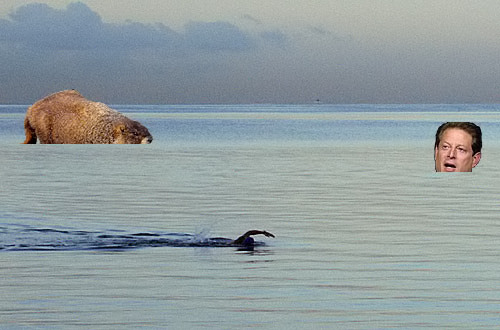There are lots of reasons why I’m not making a living blogging, and one of them is that I often insist on, and even enjoy, setting the expectations of my readers in brutally honest fashion. Therefore:
- This post is a lengthy (3,000 words; reading time 8-15 minutes, not including the links) review of three books.
- Two of them are obviously related and are the sort of thing that most ChicagoBoyz readers greatly enjoy, judging by what gets blogged and commented on here.
- The third book, however, may appear to have been dragged in from a not-so-parallel universe by The Cat Who Walks Through Walls
.
- Anyone who finds another instance of these three being reviewed together gets the usual payment I offer for meeting a challenge (barbecue of your choice).
- If this entire post turns out to be value-added to a majority of its readership, I will have a miracle to my credit. Blessed Saint Leibowitz
, pray for us.
- Just to discourage you further — as I have remarked elsewhere, when reviewing books, I pretty obviously don’t know what I’m doing, and as one authorial subject of an earlier effort remarked, my suggestions are of, shall we say, limited value in a market lacking a large segment of people with a mindset closely resembling mine.
- (Parlor game: if everyone shared your tastes, which sectors of the economy would collapse, and which would boom? Discuss.)
Well, then, to business: the first two books are Nicholas Wade’s Before the Dawn and Lee Silver’s Challenging Nature
. The third is a surprise (OK, so I do occasionally pull a punch). Read on, if you dare …
